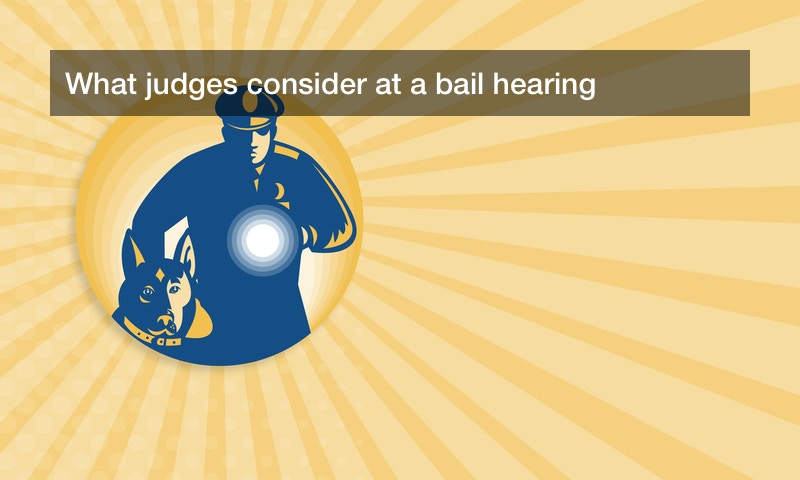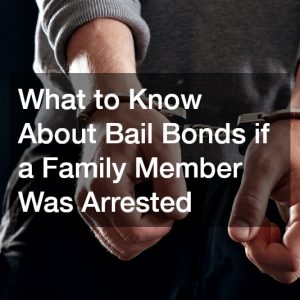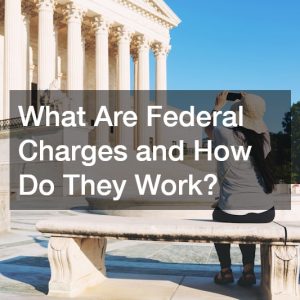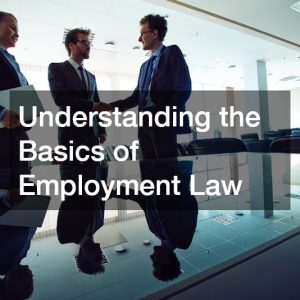
Most people have an understanding that if they are charged with a crime, they will be arrested and then need to appear in front of the court eventually to plead innocent or guilty. Along the same process, one needs to post bail if he or she wants to be free until the trial itself. Bail is a financial incentive to make sure the person doesn’t disappear or run away, making it harder for the court and law enforcement to punish the person if found guilty. People pay it with their assets or a loan from a bailbonds agent.
In many cases the prosecutor will propose a bail amount that seems severe, almost financially impossible. The higher the bail, the more financial risk is involved if the person is freed and doesn’t show up.
Video Source
However, at a certain point the bail amount is simply impossible to pay. So, a judge has the discretion during the bail hearing to lower the proposal when actually deciding what it will be. During this hearing the judge considers four major factors if deciding to lower the bail amount required:
- First, the seriousness of the alleged crime has a big say on whether the bail is small or large. If an alleged crime involved violence or use of a weapon, it’s likely going to be very high. If, on the other hand, the crime was non-violent and broke a law but no one was threatened or hurt, the judge will be inclined to levy a lower amount.

- The history of the defendant having been in court before for previous criminal charges comes into play. The judge will make an assessment about the character of the person based on the defendant’s previous interactions with the justice system. If the defendant has never been in court for a crime, that’s a favorable advantage. However, if the defendant is a repeat case, the judge is going to look at the person harder and be unlikely to lower bail seeing a risk.
- Fundamentally, bail is about making sure the defendant will actually show up for trial. If the judge thinks a person might skip town and even leave the country, the bail will be a lot higher.

It may be denied as well, especially if the person has a lot of money and can just live indefinitely somewhere else. The case of Ghislaine Maxwell right now is a prime example. If the defendant has roots in the community, a job and ongoing career, a home, family and serious connections that would be painful to break, the judge is likely to lower bail since a reasonable person wouldn’t break or leave those resources behind willingly.
- Finally, the danger to the community is a big factor. If a defendant poses a serious threat to more potential victims based on the case presented so far, the judge will make sure the bail stays high or may even deny bail altogether.

The risk of more harm to the community is so strong in terms of a possibility, the judge would rather keep the defendant locked up until trial than risk another victim being hurt.
Bail can be reduced, but a defendant needs to actively make the case for the judge to consider. The court won’t guess the above on its own. This is why a good defense attorney early on matters so much.
.




